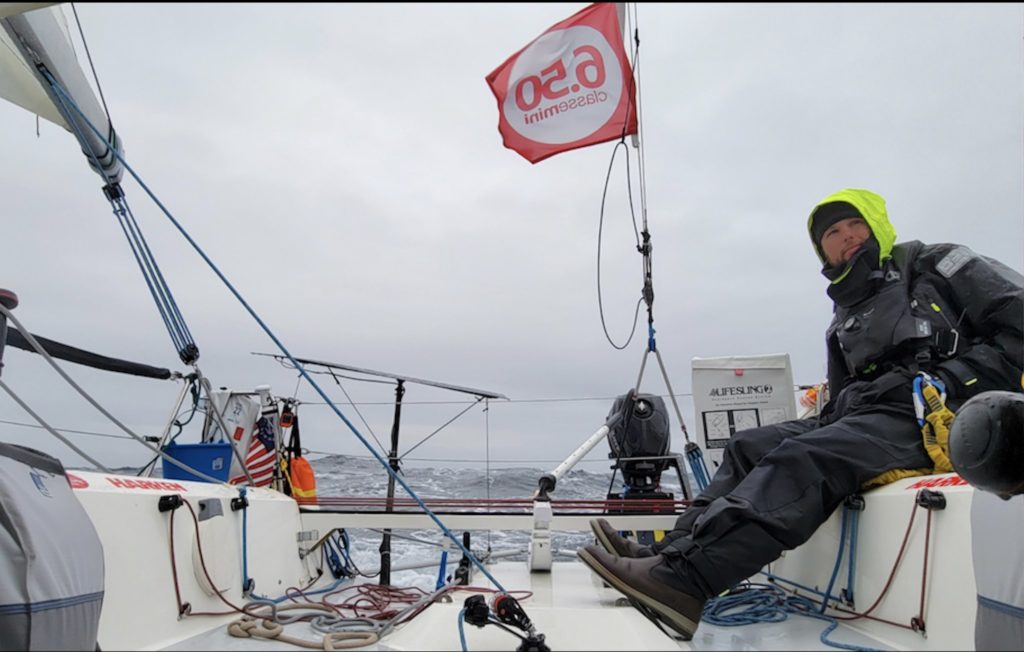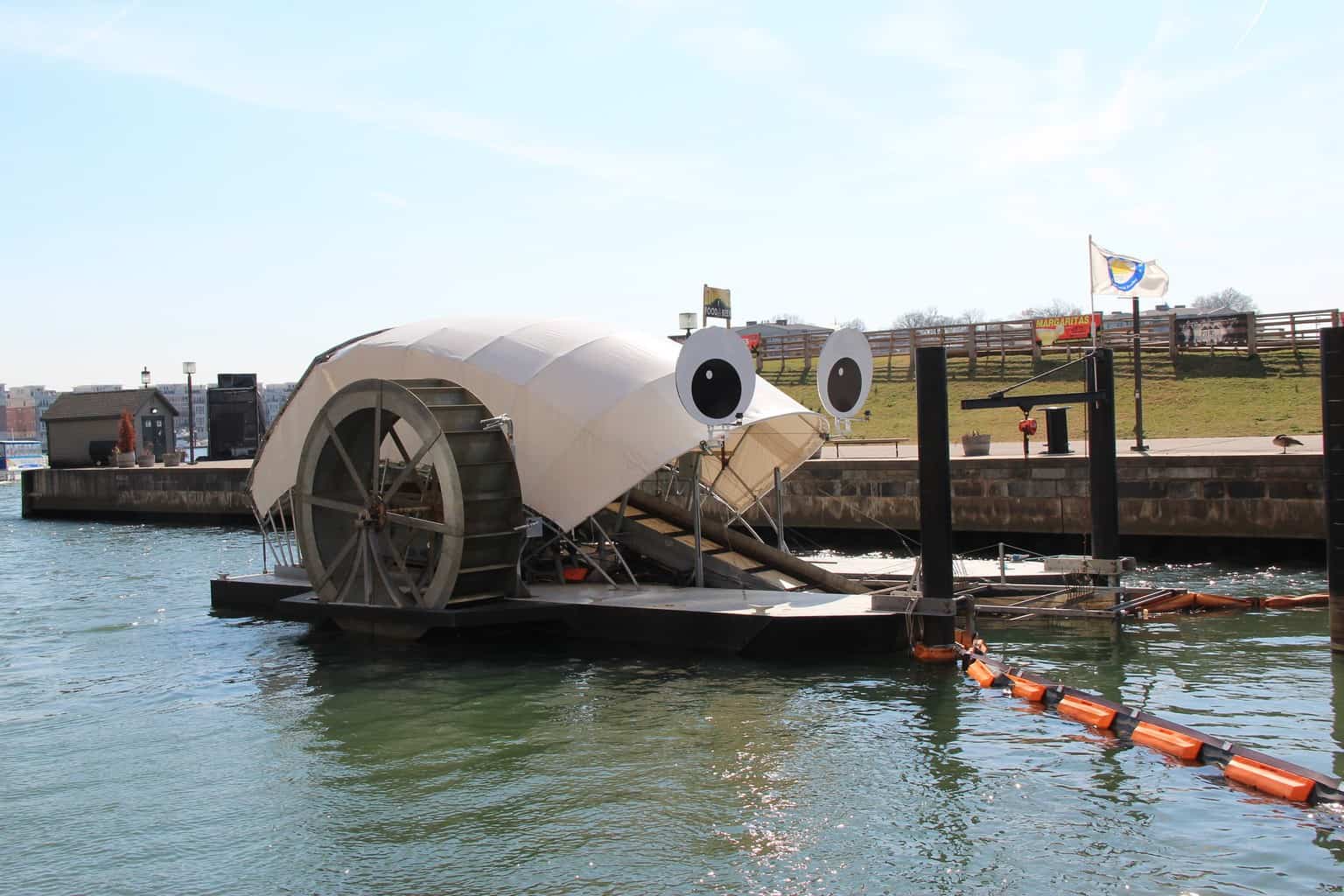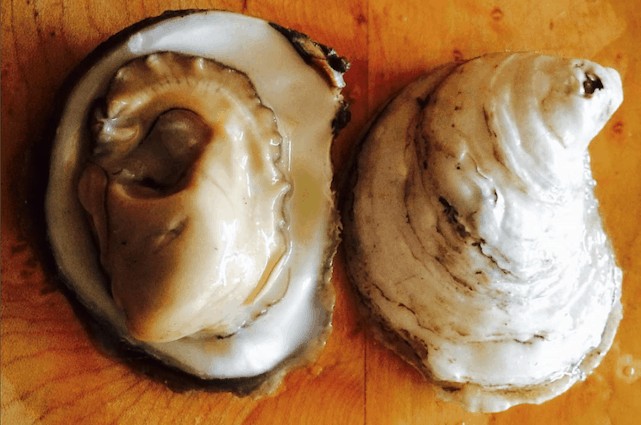It takes courage and discipline to compete in offshore sailboat racing. And it takes a lot of each to compete in the Mini Transat, a 4,020 nautical mile solo transatlantic yacht race on a 21-foot boat from France to the Caribbean.
But Peter Gibbons-Neff is no stranger to courage and discipline.
Gibbons-Neff grew up sailing with his father, Peter Sr. and developed his small boat skills with Severn Sailing Association. Committing to the U.S. Naval Academy as a young adult, he served in Afghanistan after graduating in 2011.
“Going on deployment, you spend six months getting ready before you get to the ship,” he says. “I learned to work with teams and handle different situations in high-stress environments. Those skills helped form who I am.”
But nothing prepared him for transitioning to civilian life once he came home. Challenges both personal and professional set Gibbons-Neff off his center, and he found the disorientation alarming. It was only when he found the non-profit U.S. Patriot Sailing that he reclaimed what he feared he had lost forever.
“My biggest goal for this race (the Mini Transat) is to raise awareness for U.S. Patriot Sailing,” he says. “The team was there for me when I came back, and I understand the value of it. My mission now is to raise awareness of the team, and bring in veterans who could be helped by it.”
Gibbons-Neff’s mission today involves racing among a fleet of over 90 sailors to qualify for the final race, which has been held every two years since 1976. In those last 45 years, however, only 10 Americans have qualified. The method of transportation is a 21-foot fixed-keel sailboat with minimal flourishes. Terminal Leave, named after Gibbons-Neff’s years in service, is a 2013 hull that gained her miles during Newport to Bermuda races. Enlisting main sponsor Fawcetts Boat Supply, he’s replaced every wire, line, block, hardware, and halyard, leaving only the hull as the original (and even that got a new coat of paint).
Gibbons-Neff’s does have some advantages, however. For one, he is conditioned to living in a sleep-deprived state.
“We race through the night using autopilot, but often you see other watercraft on the water. And often they won’t get out of the way for you. So you try to sleep as little as possible while still getting enough sleep to be out there for ten days.”
To do this, Gibbons-Neff has conditioned himself to sleep in increments of 12-minute naps over a period of two hours. Short breaks allow him to check radar for traffic and weather patterns. “If everything goes smoothly, I get two hours of sleep with a bunch of little breaks.” But things don’t always go smoothly.
While that alone can seem like an insurmountable challenge, it’s nothing for Gibbons-Neff. “The biggest challenge is that this is a French-dominated event,” he says. “And the logistical costs to qualify alone are intimidating.” To assist in this, Gibbons-Neff has set up a GoFundMe page to help allay costs and support his mission.
More than anything, solo offshore racing is a challenge of man versus the elements. And Gibbons-Neff has this in his primary focus.
“I’m really looking forward to getting back on the ocean on my own terms,” he says. “Being in the Marine Corps and deployments on ships or deserts, I gave up so many opportunities to sail competitively. Last summer was my first time going offshore in a decade. But now is my chance to connect with the ocean, and make up for some lost time.”
To follow along with Gibbons-Neff and his campaign, sign up for weekly emails at pgnracing.com. To financially contribute to his success, click here.
-Duffy Perkins




